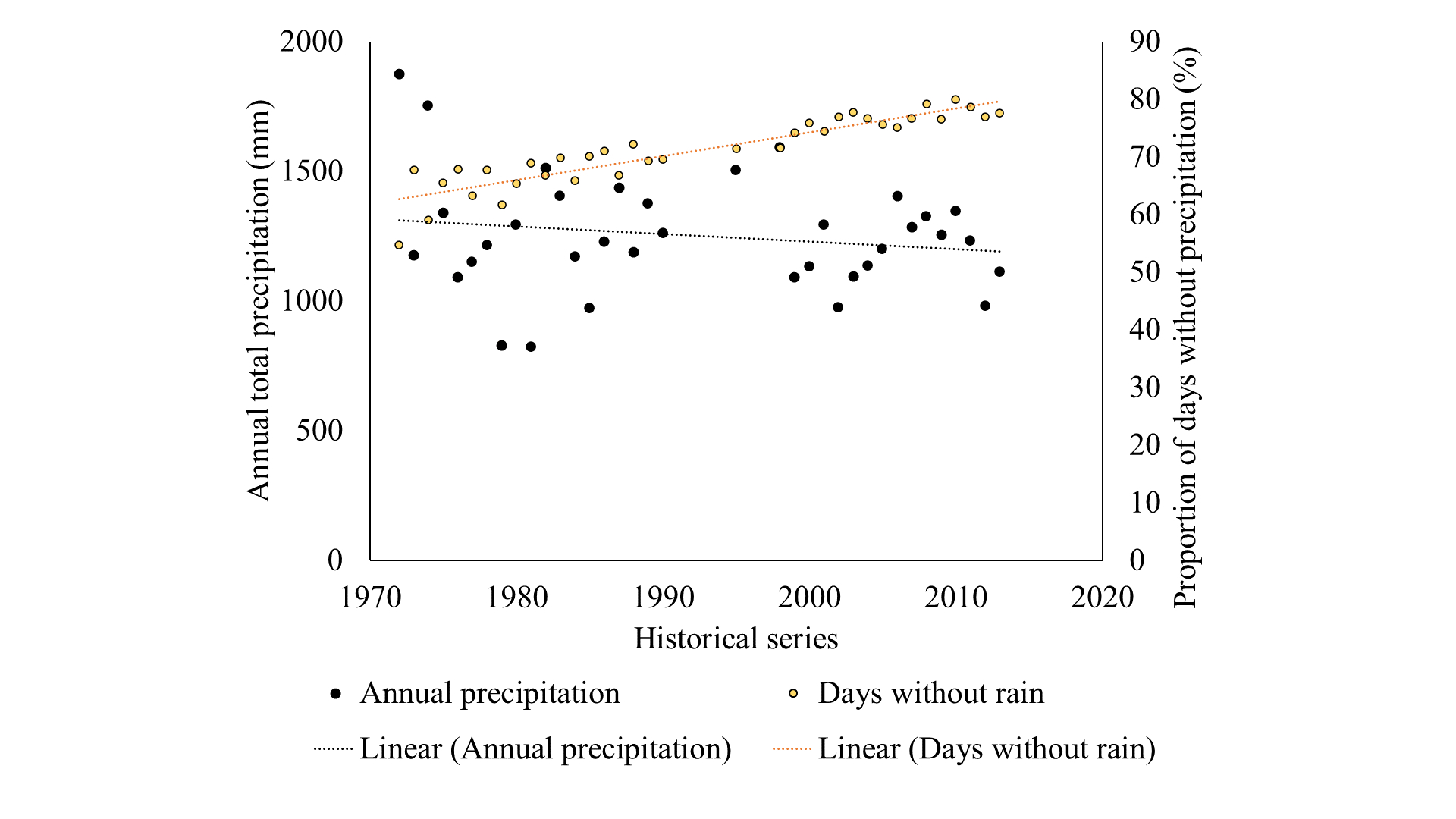Abstract:
The dynamics of Pantanal is totally influenced by the flood pulse, which is, in part, a consequence of rainfall regime from the Amazon in the direction to the headlands and the lowlands where the water is retained, and the flood plain is formed. The impacts of climate change have not yet been measured for the Northern Pantanal (Pantanal of Cáceres), where it is the gateway to most Pantanal waters. Here, we have used rainfall, hydrology, and satellite imagery data to ascertain the possible rainfall patterns, water retention, and level of the Paraguay River over the past decades. Although a well-defined water pulse is found in the Northern Pantanal, over a 42-year historical series the number of days without precipitation has greatly increased, as well the loss of water mass in the landscape over the last 10 years specifically in during the drought season. Overall, nowadays the Northern Pantanal has 13% more days without rain than in the 60’s, and the water mass is 16% less during the drought season considering the last 10 years. These results show that nowadays the Pantanal is losing water and experiencing a more severe drought season than in the past. Regarding the physicochemical and biological cycles of the ecosystem, these changes can result in the loss of biodiversity, as well as the loss of ecosystem services, intrinsically linked to the flood pulse. Given that these losses have been aggravated by anthropogenic pressures (e.g. deforestation, erosion, hydroelectric power stations), the drafting of strategic plans for safeguarding wildlife and human populations, as well as agriculture, cattle raising, fisheries and the preservation of the people’s lifestyle in the Pantanal must be urgently implemented.
Keywords:
tropical wetland; ecosystem regulation; flooding reduction; drought season extension
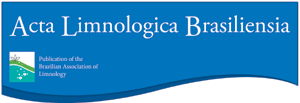
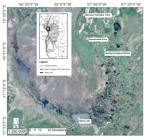 Thumbnail
Thumbnail
 Thumbnail
Thumbnail
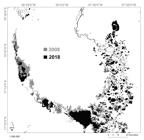 Thumbnail
Thumbnail
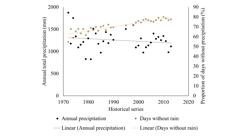 Thumbnail
Thumbnail
 Thumbnail
Thumbnail



